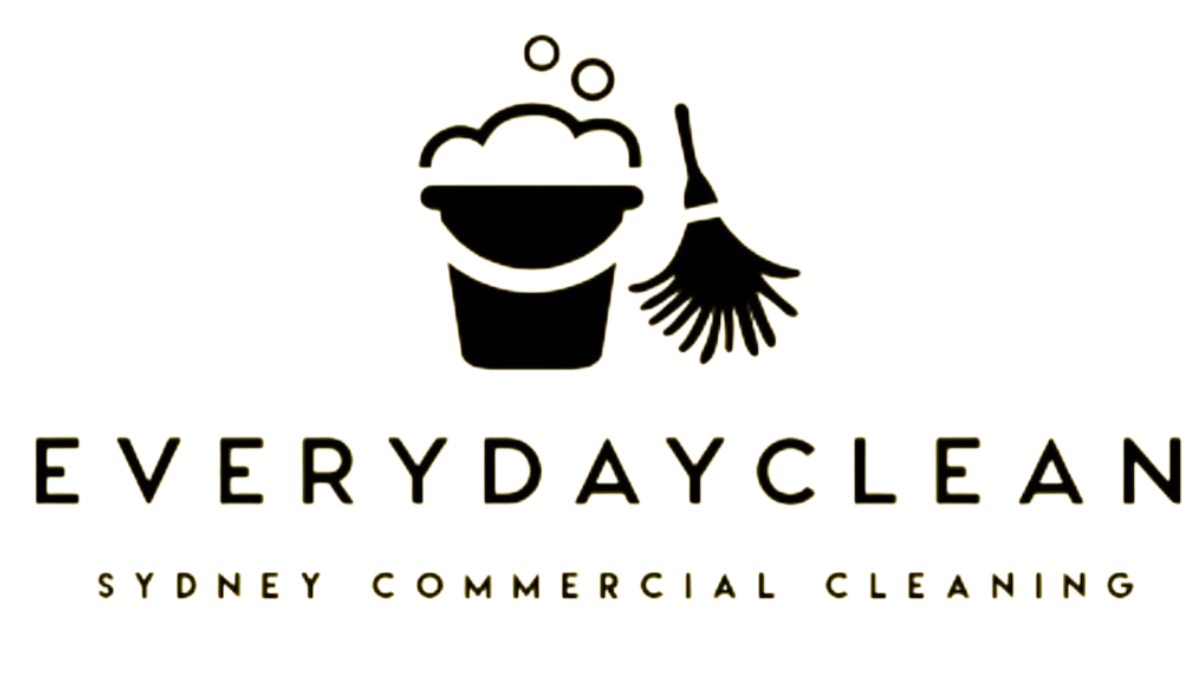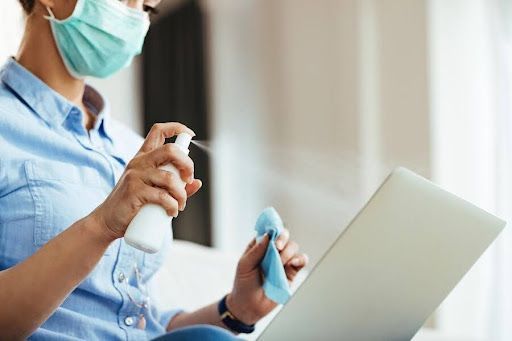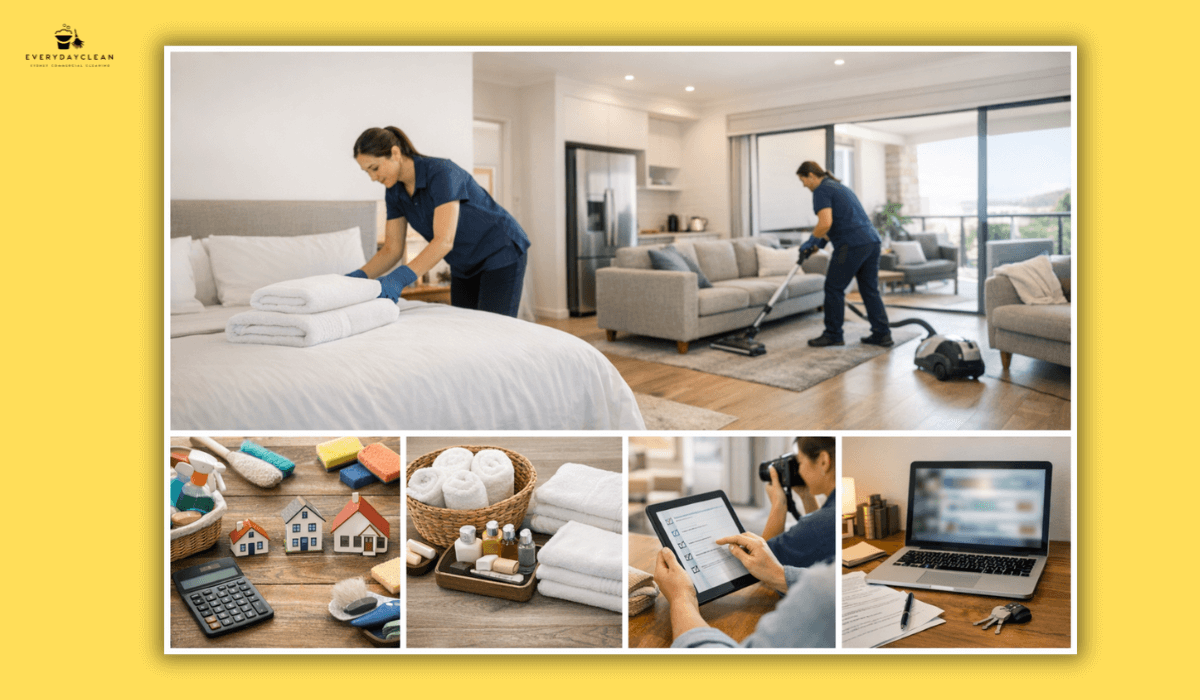Infection Control Cleaning: Best Practices for Facilities
Infection control cleaning refers to a specialised level of hygiene management in commercial environments where surface contact is frequent and shared among many people. For facilities like clinics, aged care centres, and medical-use spaces in Sydney, implementing a structured cleaning approach helps support safe, compliant, and visibly clean environments.
This article outlines how to approach infection control cleaning without stepping into medical advice territory—focusing instead on process efficiency, surface integrity, and facility presentation standards.
What Is Infection Control Cleaning?
Infection control cleaning is a professional cleaning discipline that focuses on detailed surface sanitation routines in environments where cleanliness expectations are higher due to shared-use items, frequent traffic, or procedural activities.
The goal is not clinical disinfection, but rather to minimise surface contamination risks by following consistent, high-frequency cleaning schedules and using appropriate commercial-grade products. This applies to everything from waiting rooms and lobbies to treatment areas and equipment zones in healthcare-adjacent spaces.
High-Contact Surface Cleaning Protocols
In any facility with shared-use areas, high-contact surfaces become the primary focus of any infection control cleaning plan. These surfaces include frequently touched elements like handrails, door handles, switches, shared desks, counters, and equipment.
Cleaning teams should follow a systematic process that includes:
Defined Zones and Cleaning Frequencies
Each space—whether a reception counter or examination bench—should have a mapped cleaning frequency based on its usage pattern. Surfaces used hourly or by multiple people should be cleaned more often than areas with limited access.
Product Selection and Surface Safety
Not all cleaning products are suited to every surface. Microfibre cloths and neutral pH cleaners are preferred for electronics and coated surfaces, while stronger degreasers or approved surface-safe solutions can be used on hard materials like laminate or stainless steel.
Avoiding Cross-Surface Contamination
Teams should implement colour-coded cloth systems, separate mop heads per area, and appropriate waste disposal to ensure contaminants aren’t transferred between zones. This is especially important in commercial settings like medical-use environments, childcare centres, and gyms where surface interactions are frequent.
PPE and Staff Preparedness for Infection Control Cleaning
A well-trained cleaning team equipped with appropriate personal protective equipment (PPE) is essential to ensure that protocols are followed safely and consistently.
Protective Clothing Standards
Cleaners working in environments with infection control protocols must wear gloves, appropriate footwear, and in some zones, protective aprons or overshirts. PPE is not only about safety—it also signals professionalism and process compliance.
Staff Training and Workflow Familiarity
Each team member should understand the difference between routine cleaning and protocol-based infection control routines. They must be aware of:
- Which zones require multiple passes per day
- Where product-specific instructions (e.g., dwell time) must be followed
- How to safely handle disposable waste and materials
Our experienced crews at Everyday Clean are trained in high-standard infection control cleaning methods, designed specifically for commercial environments requiring extra care.
Documentation and Process Consistency
Maintaining detailed checklists, cleaning logs, and product usage sheets helps ensure accountability and compliance—especially for Sydney-based facilities that undergo regular inspections or follow accreditation guidelines.
Auditable records don’t just help supervisors track cleaning—they also provide transparency for the organisations being served. Clients should be able to view what was cleaned, when, by whom, and using what.
When to Schedule Infection Control Cleaning Services
Facilities that should consider infection control cleaning include:
- Medical-use spaces (dental clinics, treatment centres)
- Physiotherapy and allied health offices
- Childcare centres and early learning environments
- Aged care and rehabilitation facilities
The frequency of this service depends on:
- Foot traffic and space usage
- Shared equipment or surface density
- Compliance with sector-specific protocols
For facilities in Sydney that need consistent support in keeping shared-use environments visibly clean and professionally maintained, our medical cleaning service is the ideal solution.
Frequently Asked Questions About Infection Control Cleaning
What is infection control cleaning?
Infection control cleaning is a structured cleaning approach focused on minimising surface contamination in high-traffic, shared-use commercial environments. It targets high-contact areas using commercial-grade products and defined routines.
How is infection control cleaning different from regular cleaning?
While regular cleaning removes visible dirt and debris, infection control cleaning adds protocol-driven attention to high-contact areas and includes specific methods to prevent the transfer of contaminants across surfaces.
Who should use infection control cleaning services?
Facilities that see daily traffic from different individuals—such as medical centres, aged care, and childcare facilities—benefit the most from professional infection control cleaning.
What products are used in infection control cleaning?
Commercial-grade surface cleaners, microfibre cloths, and surface-appropriate disinfectants are commonly used. The products are chosen based on material type and cleaning frequency needs.
How often should infection control cleaning be scheduled?
This depends on the environment. In high-use facilities like treatment clinics or childcare centres, cleaning may be required multiple times per day. A tailored plan ensures compliance and cleanliness.
Conclusion
Infection control cleaning isn't just about appearance—it’s about structure, frequency, and accountability. Facilities that prioritise detailed surface care can support safer, more professional environments for staff and guests alike. By adopting a high-frequency, high-contact cleaning routine, Sydney-based facilities can ensure they maintain a standard that reflects trust and care.
Need consistent, expert-level infection control cleaning for your facility? Contact Everyday Clean today for tailored commercial cleaning plans that meet your operational needs.
Author: Everyday Clean Content Team
Everyday Clean is Sydney’s trusted provider of professional office, strata, and commercial cleaning services. Our licensed and insured team helps workplaces maintain top hygiene standards with eco-friendly products and proven cleaning systems. With years of experience supporting Sydney businesses, Everyday Clean shares expert tips, real case studies, and practical advice to keep your workplace safe, compliant, and welcoming.




